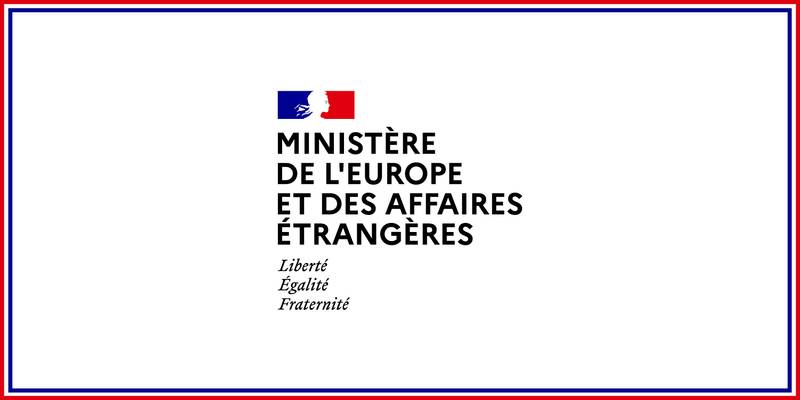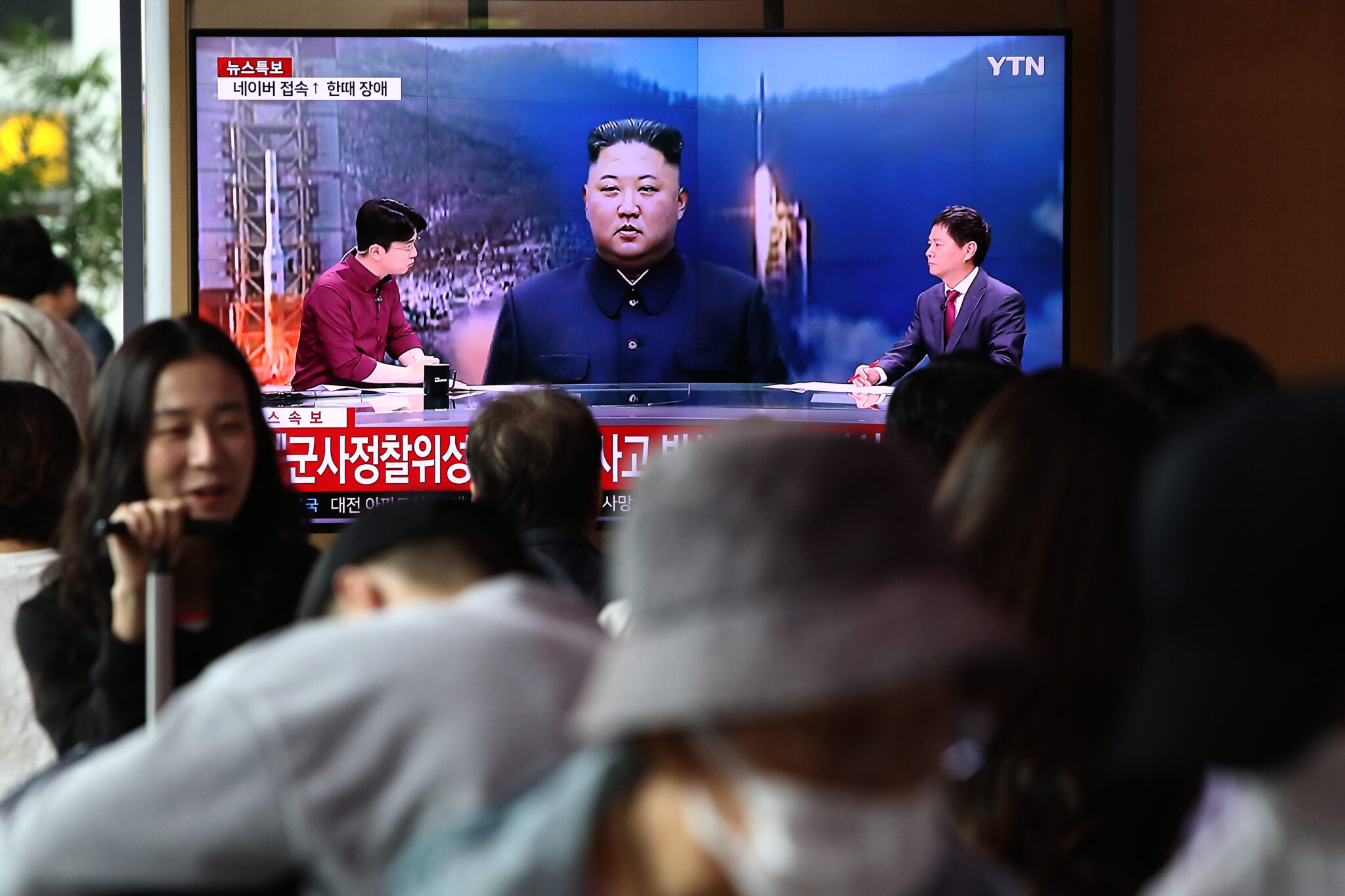[ad_1]

A push by France’s conservative-led Senate to strip undocumented migrants of their access to free healthcare has sparked a public outcry among workers across the medical profession, many of whom have pledged to ignore a measure they describe as an ethical, sanitary and financial aberration.
Medical practitioners voiced their dismay in a flurry of media statements after senators from the right-wing Les Républicains amended a government-sponsored immigration bill last week to axe a scheme known as State Medical Aid (AME) – which provides free healthcare to undocumented migrants who have settled in France.
The amended bill, which will be examined by the National Assembly next month, was swiftly panned by health officials, who warned that it would present a threat to public health and that long-term costs would far exceed any initial savings.
The head of the Paris hospital consortium AP-HP said scrapping the AME would allow diseases to spread undected and ultimately increase the burden on France’s health system. The Federation of French Hospitals (FHF) described it as “humanitarian, sanitary and financial heresy”.
On Saturday, some 3,500 health workers signed a letter pledging to “continue to treat undocumented patients free of charge and based on their needs, in accordance with the Hippocratic Oath” they took. “Patients from here and elsewhere, our doors are open to you. And will remain so,” they added.
That would effectively mean working for free, said Antoine Pelissolo, a psychiatrist at a hospital east of Paris who co-authored the letter. “If they see a patient who is not covered (by health insurance), they will not be paid,” Pelissolo told AFP. “It’s a very strong stand.”
‘Guided by ideology rather than medical concern’
Set up in 2000, the AME gives undocumented migrants access to the free healthcare provided under France’s health insurance scheme. Beneficiaries must prove they have resided in France for at least three months and have a monthly income of less than €810 ($860).
The scheme has long been a favourite punching bag for critics on the right and far right, who accuse it of inciting illegal immigration – at a growing cost to French taxpayers.
Last year, the AME counted 411,364 beneficiaries for a total cost of €1.2 billion, up from €900 million in 2018, according to the Inspection Générale des Affaires Sociales (IGAS), a government auditor.
During debates in the Senate last week, Bruno Retailleau, the head of Les Républicains’ delegation, flagged the “steady increase in recent years, both in the number of AME beneficiaries and its total cost”. He added: “It is only natural that we look for ways to cut certain costs.”
In its amended bill, Retailleau’s party replaced the scheme with a more restrictive “emergency medical assistance” (AMU), which would cover only cases of “severe illness and acute pain”.
Read moreUndocumented workers left in limbo as French immigration bill delayed
The move betrays a sketchy understanding of healthcare, said Professor Pierre Tattevin, the deputy head of the French Infectious Diseases Society (SPILF), noting that the aim for medical workers is precisely to treat diseases before they become severe and acutely painful.
“It’s called prevention: if you treat something early, it will cost you less in the long run,” he explained, arguing that the debate over AME was “guided by ideology rather than medical concern”.
Cost of reform set to outweigh savings
While AME spending has increased in recent years, in line with immigration numbers, it still accounts for just 0.5% of France’s public health spending. According to an IGAS report from 2019, the scheme’s beneficiaries have lower healthcare costs than the general public, averaging around €2,600 per year – against a national average of roughly €3,000.
“The idea that AME costs us money is completely misguided,” said Tattevin. “Scrapping it would cost us a lot dearer than any savings it might generate.”
Earlier this month, some 3,000 health workers signed an op-ed in Le Monde warning that AME’s abolition “would lead to a deterioration in the health of undocumented workers, and more generally that of the population as a whole”.
Signatories included Françoise Barré-Sinoussi, the 2008 Nobel Prize laureate who helped discover HIV/AIDS, and Jean-François Delfraissy, the head of the scientific council that advised the French government during the Covid-19 pandemic.
They pointed to a recent precedent in Spain, where a 2012 law “restricting access to healthcare for illegal immigrants led to an increase in the incidence of infectious diseases and higher mortality rates”. The reform was finally repealed in 2018.
“If you bar part of the population from access to care, it will necessarily have repercussions,” said Tattevin, who also signed the Le Monde op-ed. “It could take months or years to show, but we would end up with hidden epidemics that eventually affect the wider public too,” he added.
A negotiating ploy?
Experts have largely debunked another criticism levelled at State Medical Aid: that its purported generosity induces migrants to choose France over other destinations.
In 2019, France’s former Human Rights Ombudsman, Jacques Toubon, lamented the “false idea that the ‘generosity’ of a scheme such as the AME would lead to an increase in illegal migratory flows by creating a ‘pull effect’”. Instead, he argued, “studies show that the need for care is a completely marginal cause of immigration”.
A 2022 study by France’s National Centre for Scientific Research (CNRS) found that fewer than 10% of France’s undocumented migrants cited healthcare as a factor in their decision to move to the country. A separate survey by the IRDES healthcare research institute found that only half of those eligible for AME actually benefit from the scheme, owing to administrative obstacles and a lack of information.
Read moreMost migrants eligible for French state medical aid have not accessed their rights
Prime Minister Élisabeth Borne echoed Toubon’s words in a speech to the National Assembly in December 2022, aiming to “dispel misconceptions” about AME.
“No, state medical aid does not fuel illegal immigration. It’s a question of protection and public health,” she told lawmakers at the time. “No plans to migrate to France are motivated solely by the existence of this scheme.”
While Borne reiterated her stance last week, France’s hardline Interior Minister Gérald Darmanin, the immigration bill’s chief sponsor, has previously voiced support for a reform of AME in a bid to win over support from the right – only to backtrack in recent days.
On Sunday, Health Minister Aurélien Rousseau pledged to defend the scheme, saying he “understood” the doctors’ complaints. “The government will fight to ensure that they do not have to exercise civil disobedience,” he told France Info radio.
“One has the impression that it’s all part of a negotiation, that EMA’s abolition has been thrown in the mix only to be removed at the last minute,” said Tattevin. “That way they can say they’re open to compromise and argue that their law isn’t as harsh as critics say.”
[ad_2]
Source link


























